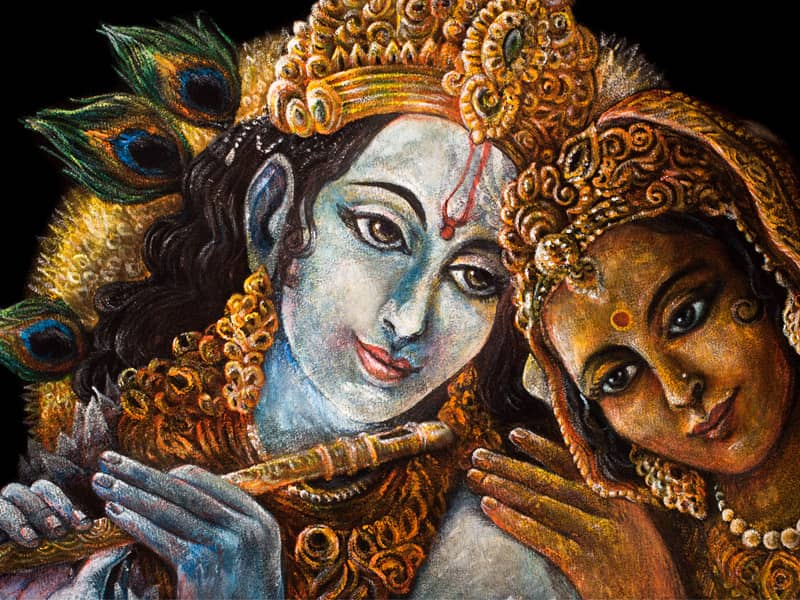August 16, 2001
KATMANDU, Nepal (AP) - The Nepalese government said Thursday it would outlaw discrimination against lower-caste Hindus and pledged to pass a law ending the centuries-old system that deems certain people "untouchable."
"Effective from this day the practice of untouchability and any discrimination based on it will be considered a crime punishable by a severe sentence," Prime Minister Sher Bahadur Deuba told Parliament, announcing his new government's policy.
He did not say what the punishment would be.
Deuba, who came to power last month after the resignation of an unpopular prime minister and the massacre of Nepal's royal family, said his Cabinet reached the decision as part of a package of sweeping reforms.
The Himalayan kingdom, one of the poorest countries in the world, remains strongly tied to the Hindu caste system and believes its king is an incarnation of the Hindu god Vishnu.
The surprise move to ban untouchability was hailed by the opposition as a powerful step to push Nepal further out of its global isolation and choking poverty.
"This is a remarkable and daring decision by the government," said Bharat Mohan Adhikari, a member of Nepal's main opposition party. "This would end the feeling of insult these people have been facing through the years."
The constitution, drafted in 1990 following the restoration of democracy in Nepal, does bar discrimination based on sex, religion and race. But laws and regulations to enforce these provisions have yet to be implemented, and none exist that bar the practice of discrimination based on caste.
Deuba said the government would soon present a bill in Parliament to ensure an end to the caste system in the world's only Hindu kingdom. The prime minister announced the formation of a national commission for the welfare of Dalits, who are ranked the lowest in the caste hierarchy of the Hindus and are considered "untouchable."
"It is our duty and responsibility to end this system that is discriminatory to our brothers and sisters," said Deuba.
Deuba said Dalits would now be free to enter any temple or religious structure without hindrance.
As in neighboring India, where discrimination against Dalits has been outlawed for decades, the caste hierarchy on which Hindu society is based continues to be a powerful force. Priests often bar Dalits from entering temples. Many Hindus, especially in rural or remote villages, will not eat food prepared or touched by them.
Last year, Nepal's government outlawed the practice of bonded labor under which Dalits were forced to work in large farms owned by upper-caste landowners for generations, trying to pay off the debts incurred by their fathers or grandfathers.
The government said there were at least 16,000 bonded labors in Nepal's five western districts and that anyone violating the ban could be jailed up to 10 years. Human Rights groups say the number of bonded laborers is closer to 40,000.
The law freed the bonded laborers of all obligations, including the money their families owed to the landlords.
The country's latest census has yet to be made public, and it was unclear how many Dalits are among Nepal's 23 million people.

